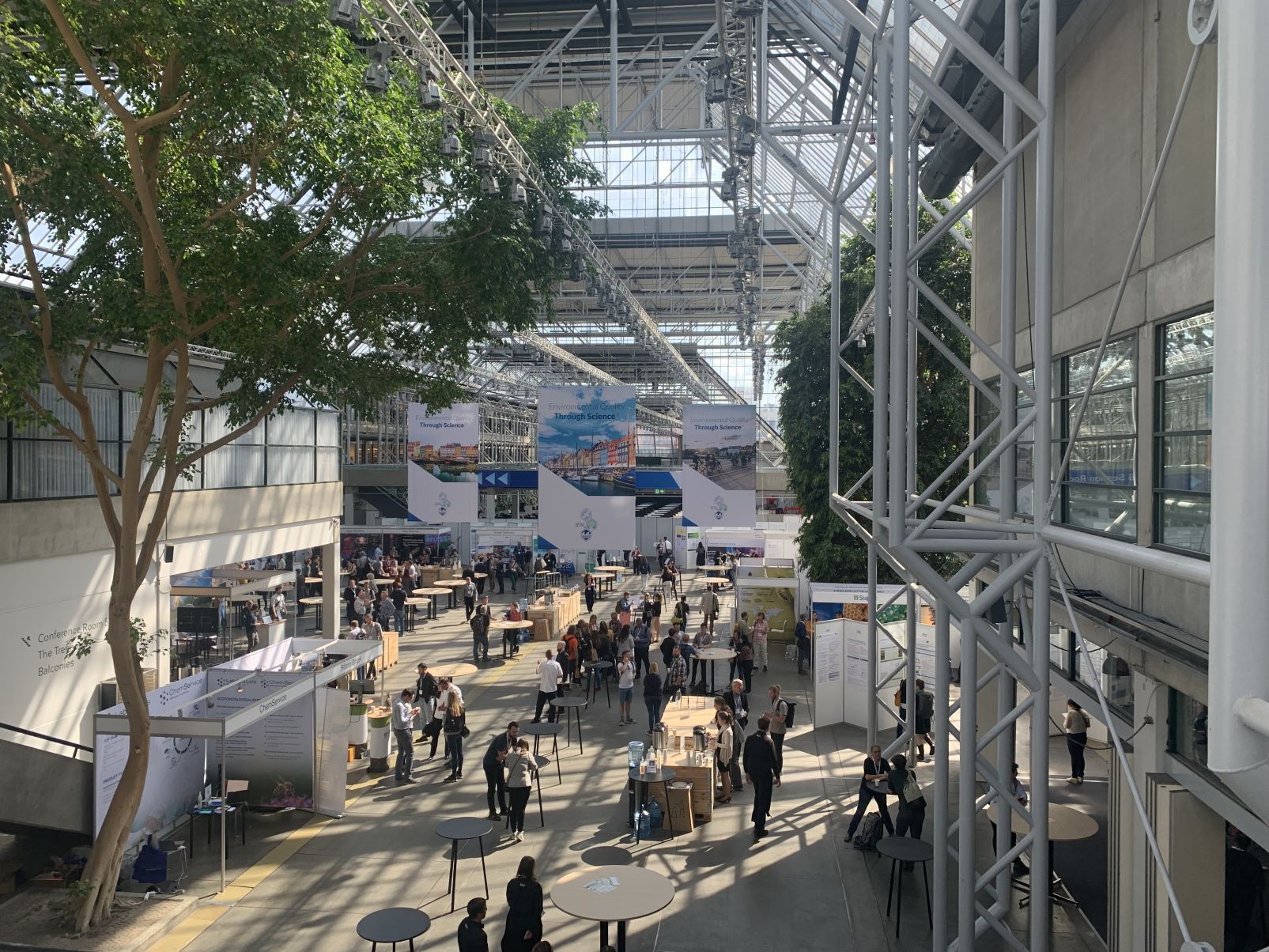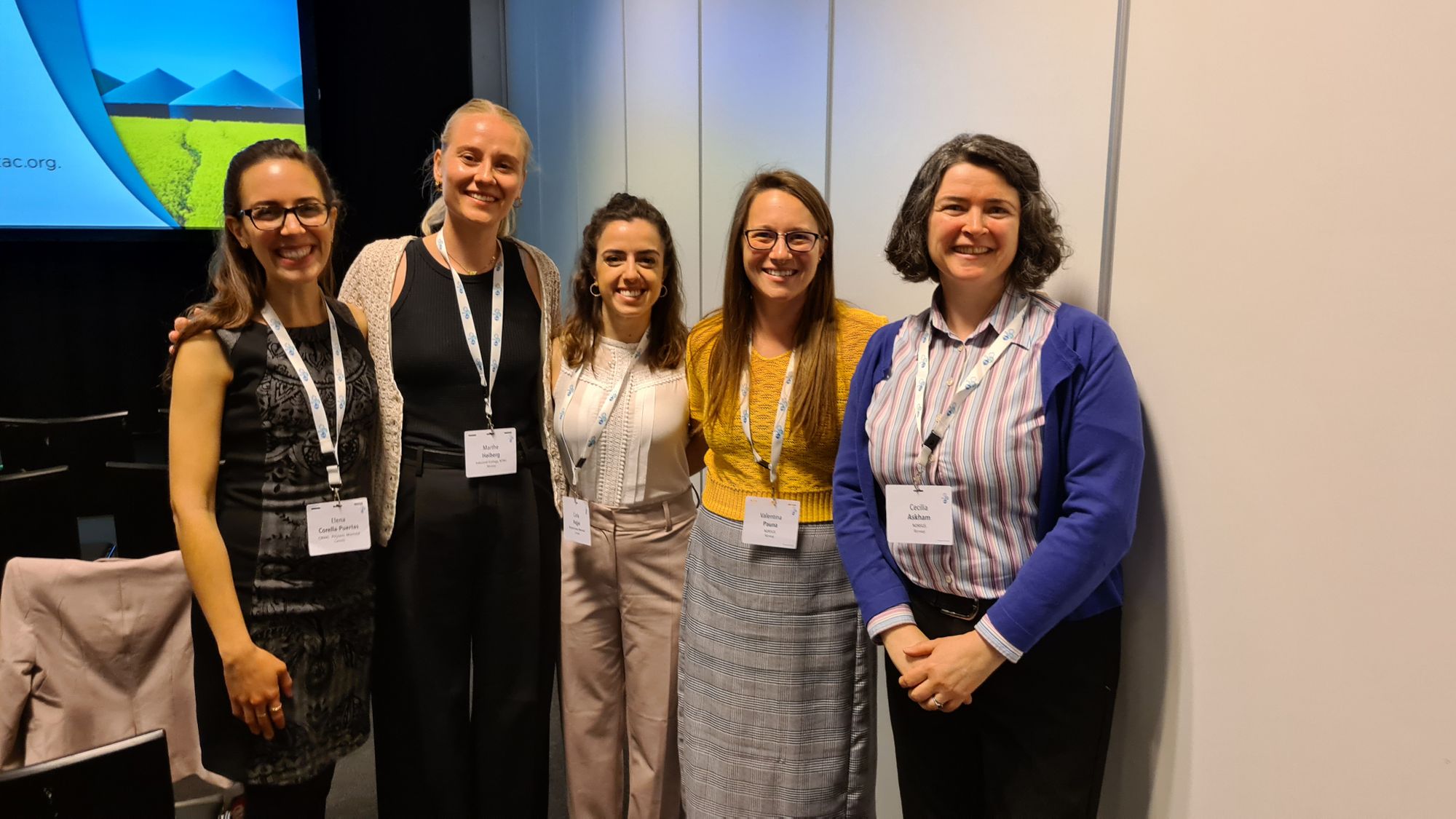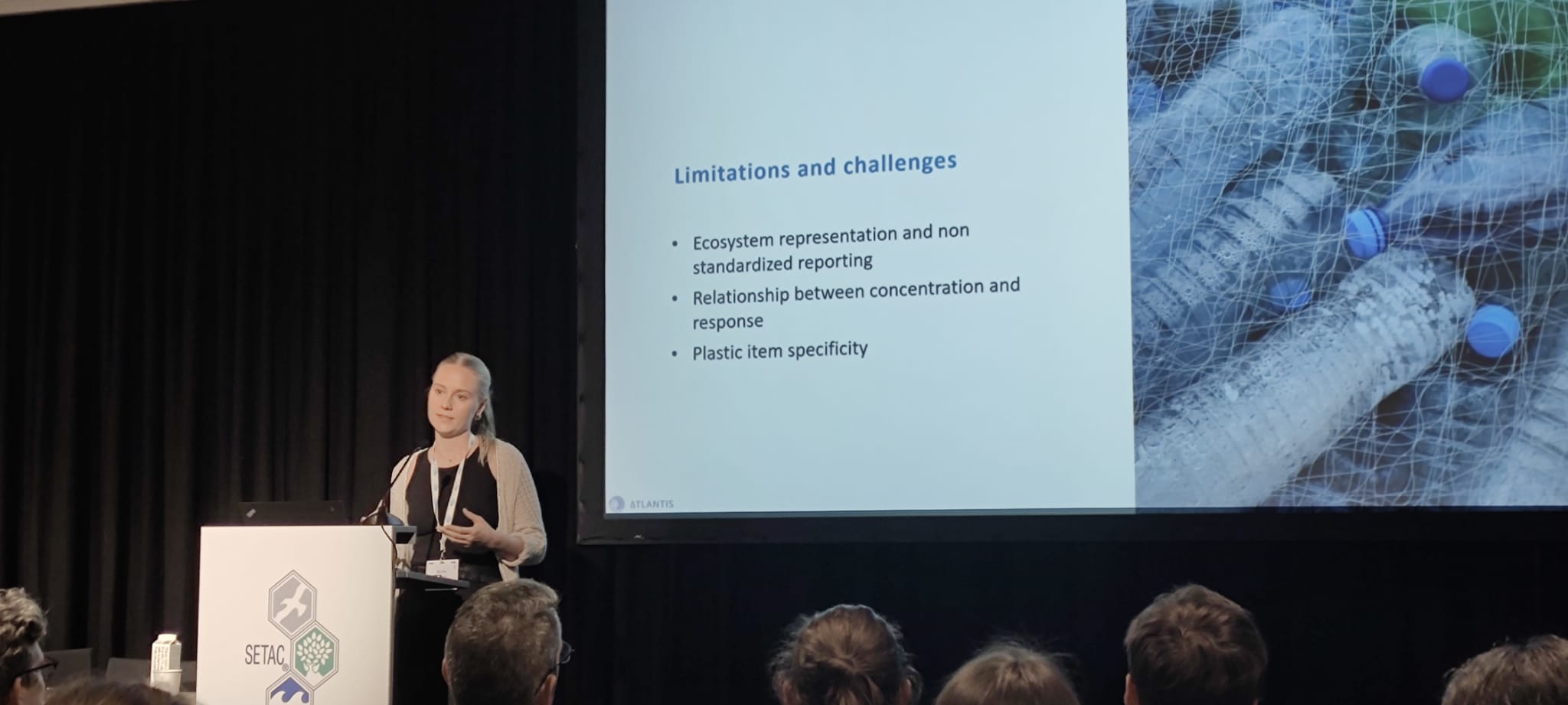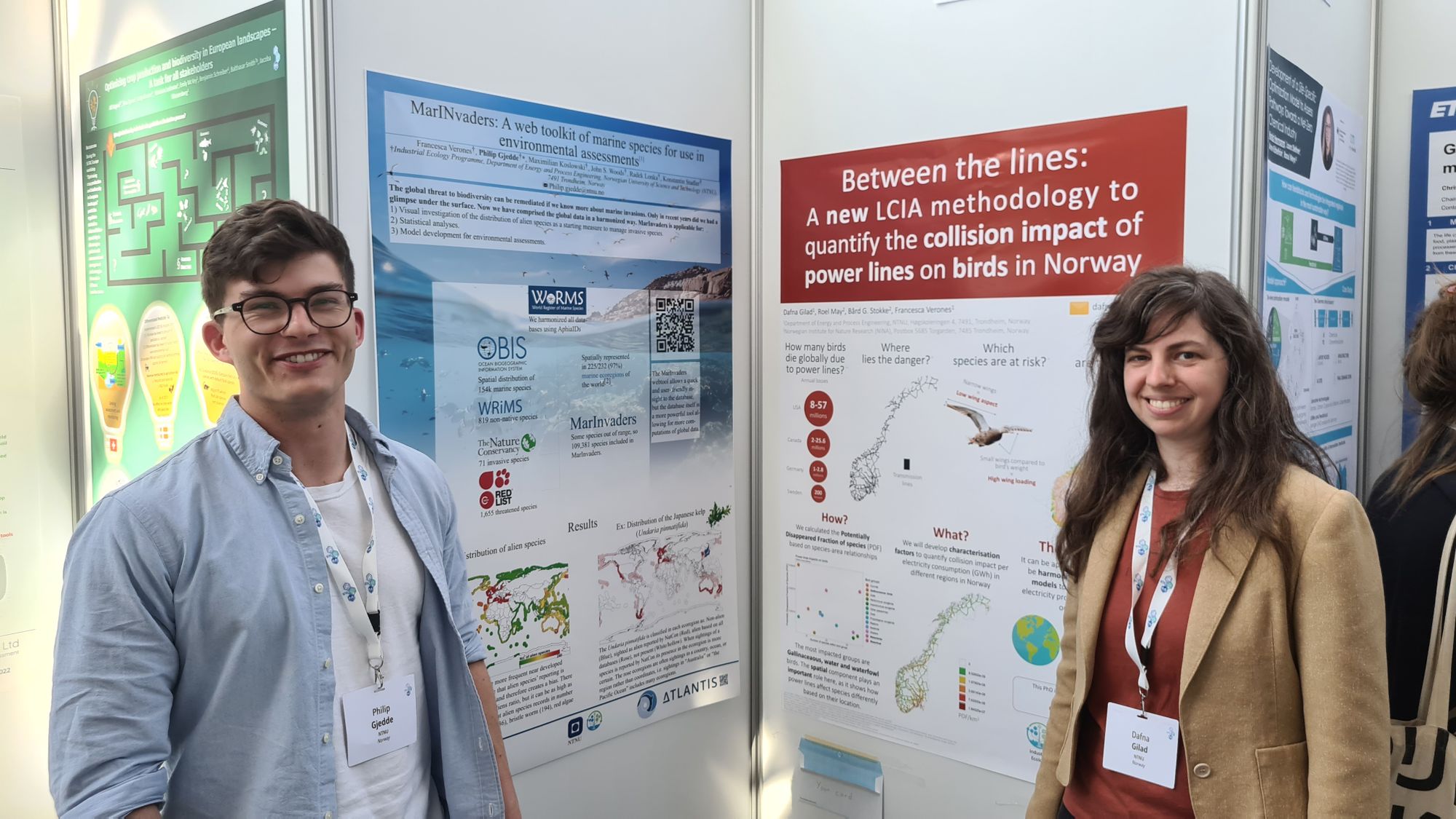ATLANTIS at the Copenhagen SETAC conference

Several members of the ATLANTIS project attended the SETAC Europe 32nd annual meeting in Copenhagen this year. We presented our recent progress in the development of characterisation factors for life cycle impact assessment (LCIA) and the MarINvaders toolkit and database, meanwhile we were inspired by other researchers and met associates in the field. For some it was the first time we met physically although we have been working together on projects during the covid-19 epidemic, and with others it was a pleasant reunion.
The SETAC conference has brought together environmental scientists, managers, and engineers since 1979. With its multidisciplinary approach on solving global environmental issues, the launch of the UNEP/SETAC Life-Cycle initiative in 2002 was a natural development of the NPO and this year’s conference was marked by the relevance of LCIAs in solving issues related to chemicals, and especially plastic, in the environment.
From the ATLANTIS team, Martin Dorber co-chaired the scientific session on “Novel Life Cycle and Sustainability Assessment approaches supporting biodiversity in land and water management”. With Verones as second author, Koen Kuipers presented the global extinction probability (GEP) model which is some of the work by the global life cycle assessment method (GLAM) working group, with whom ATLANTIS is in close collaboration. We also met other collaborators from GLAM, more precisely from the MarILCA group.

Other ATLANTIS members presented in the “Life Cycle Impact Assessment modelling and application” session to shed light on the marine environment within LCIA. Marthe Høiberg’s effect factor on macroplastic debris entanglement marked the audience who have mostly been concerned with microplastics but now saw that novel attempts are being made to model the impact of macroplastic.

We also presented posters about the impacts of plastic debris on marine carbon sequestration (Fei Song) and the MarINvaders database and webtool (Philip Gjedde), the latter is a harmonization of some of the biggest recognized databases on marine species with global coverage and useful for modelling the impacts of invasive species. All the ATLANTIS presentations and posters can be seen on our website: https://atlantis-erc.eu/

It was inspirational to see people work with impacts in marine environments. LCA promises to be a holistic tool for sustainability assessment, and people in the LCA community can look forward to characterisation factors related to plastic pollution, fishery, and invasive species being pushed out in the next wave of impact categories in LCIAs.
My most apparent impressions from the conference relates not only to impact categories but rather how life cycle assessment (LCA) is conveyed in general. There is a call for more transparency and easier access on choices made and data used, meanwhile uncertainty and sensitivity analysis still lack in many LCA’s. Even the ISO 14040 standard which should work as a guideline for all LCAs was criticized as ambiguous. Although basic elements of LCA have room for improvement other branches within the LCA framework are rapidly developing tools to support regionalized and prospective LCIAs meaning that our new characterisation factors will benefit from including these perspectives.
My take-home-message from the conference was Marthe’s answer to a purposely provocative, and yet humorous and charming, question by Olivier Jolliet, the lifetime achievement award winner. He asked why we put so much effort into modelling the impacts of plastics when in fact the impact may not be very severe. Marthe responded that such a hot topic must be acknowledged by the scientific community and especially within LCA to answer if, where, and how this emission impacts our environment – this of course is the answer that was sought for, because with the promise of being holistic we must include every potentially relevant impact.

